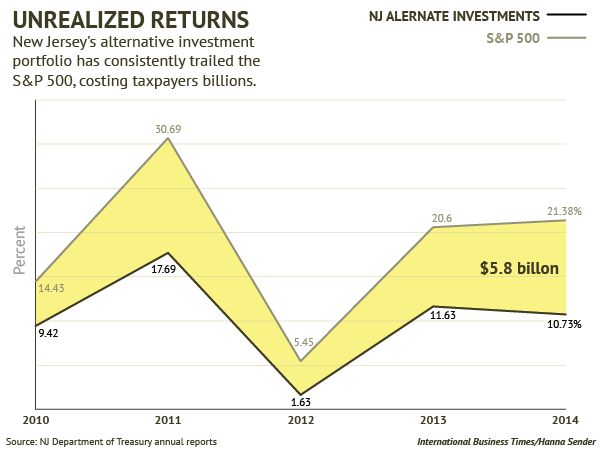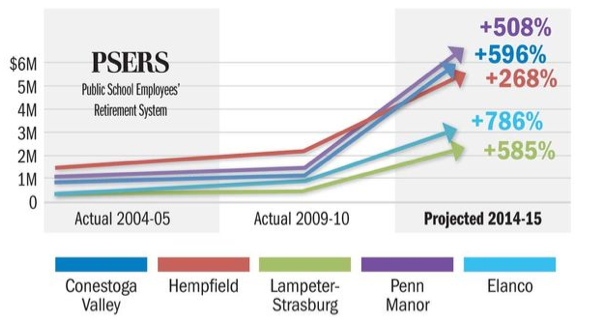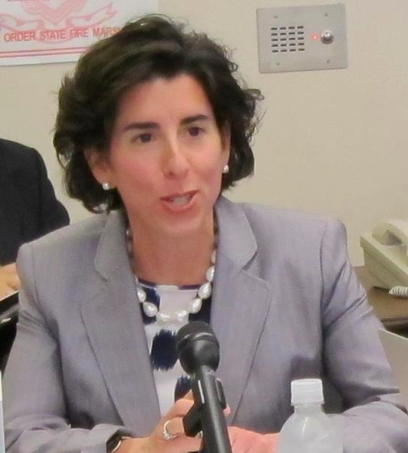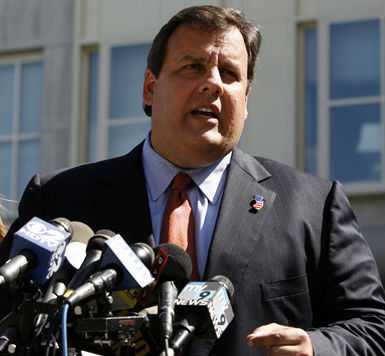A flood of lawsuits has hit General Motors in the wake of numerous recalls. At least one pension fund has now gotten in on the action: The St. Louis Police Retirement System has sued GM for the “systemic failure” of its board in handling the safety issues and recalls of recent years.
Reported by the St. Louis Business Journal:
A shareholder lawsuit filed on behalf of a St. Louis police pension fund and an individual shareholder takes issue with General Motors’ handling of safety issues.
The suit alleges board members are “guilty of a sustained and systemic failure” to keep the shareholders’ informed of safety and recall issues, the New York Times reports. David Honigman, the attorney representing the plaintiffs, told the newspaper that the company “set up a system that is calculated not to inform them about safety issues.”
GM has been hit with recalls of nearly 30 million vehicles since February, as well as at least 13 deaths linked to a defective ignition switch. The company is now facing multiple investigations and has set aside nearly $4 billion to cover associated costs, according to the New York Times.
General Motors is currently being investigated by the SEC, the Justice Department, and over 40 state attorney generals.
Photo Credit: “General Motors logo” by Gage. Licensed under Public domain via Wikimedia Commons









